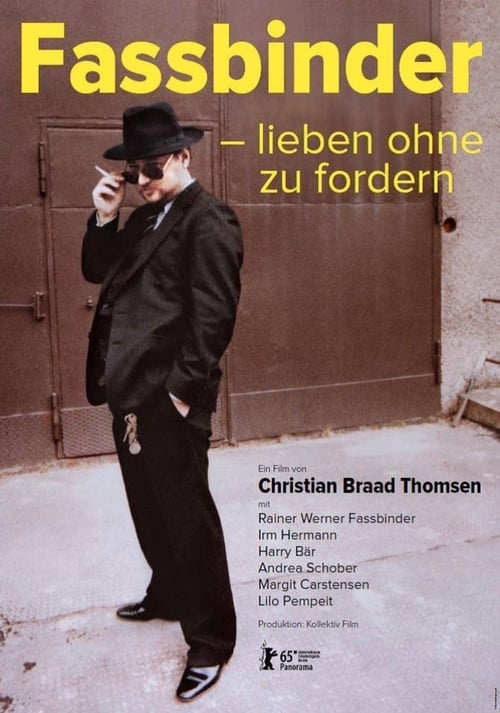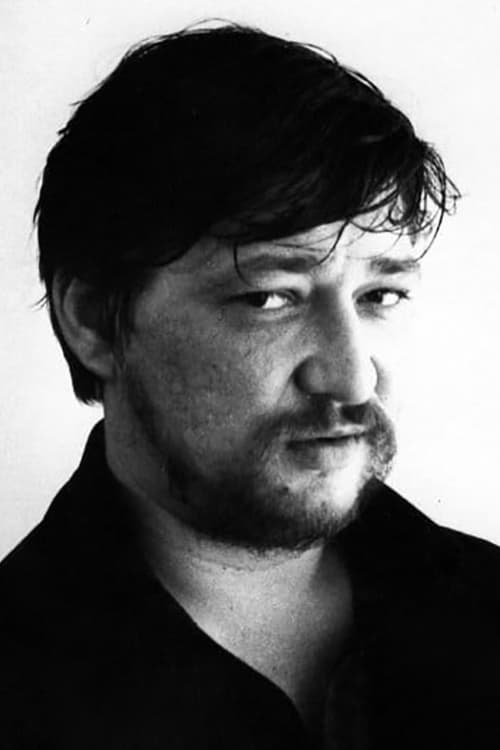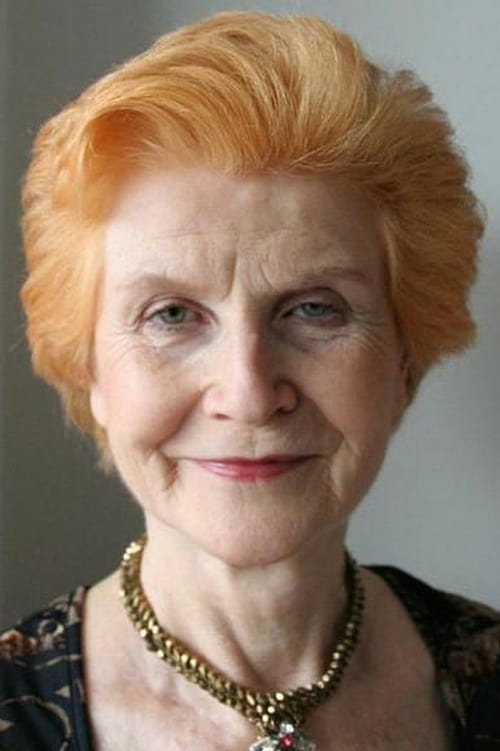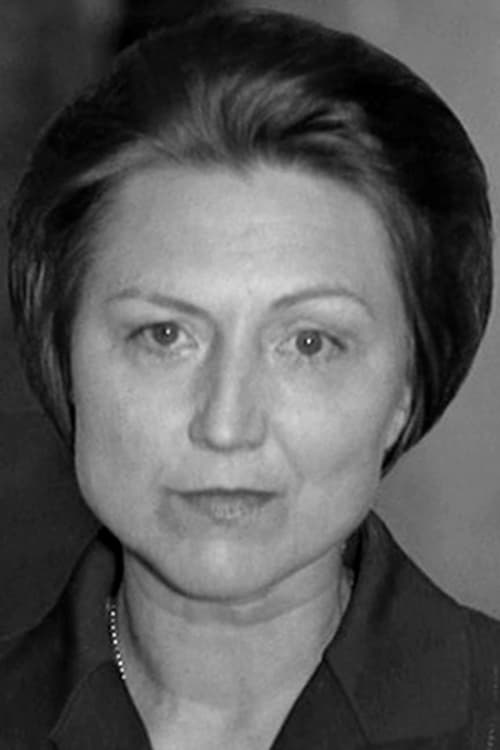Fassbinder: Love Without Demands (2015)
Genre : Documentary
Runtime : 1H 49M
Director : Christian Braad Thomsen
Synopsis
Rainer Werner Fassbinder was probably Germany’s most significant post-war director. His swift and dramatic demise at the early age of 37 in 1982 left behind a vacuum in European filmmaking that has yet to be filled, as well as a body of unique, multi-layered and multifarious work of astonishing consistency and rigour. From 1969 onwards, Danish director and film historian Christian Braad Thomsen maintained a close yet respectfully distanced friendship with Fassbinder. Fassbinder – Lieben ohne zu fordern is based on his personal memories as well as a series of conversations and interviews he held with Fassbinder and his mother Lilo in the 1970s.

A single mother is confused by the changes in her teenage son, who has become distant since spending summer vacation with his father.
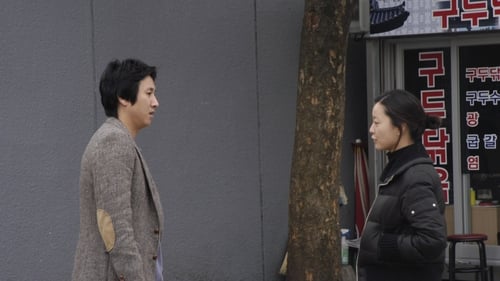
Hong Sang-Soo’s Lost in the Mountains (South Korea, 32min) the visitor is the supremely self-centred Mi-Sook, who drives to Jeonju on impulse to see her classmate Jin-Young – only to discover that her friend is having an affair with their married professor, who Mi-Sook once dated herself. The level of social embarrassment goes off the scale. In Naomi Kawase’s Koma (Japan, 34min), Kang Jun-Il travels to a village in rural Japan to honour his grandfather’s dying wish by returning a Buddhist scroll to its ancestral home. Amid ancient superstitions, a new relationship forms. And in Lav Diaz’ Butterflies Have No Memories (Philippines, 42min) ‘homecoming queen’ Carol returns to the economically depressed former mining town she came from – and becomes the target of an absurd kidnapping plot hatched by resentful locals. Serving as his own writer, cameraman and editor, Diaz casts the film entirely from members of his crew and delivers a well-seasoned mix of social realism and fantasy. —bfi

Algerian filmmaker Tariq Teguia wrote and directed this impressionistic look at a man whose life takes an unexpected turn far away from home. Malek (Abdelkader Affak) is a surveyor from Algeria who is semi-retired, but at the urging of a friend he takes an assignment in Oran. The region in question was the site of frequent battles during Oran's civil war, and an earlier survey that would make it possible to bring electrical utilities to the area was cut short by the fighting. While the zone is still unstable, Malek sets out to complete charting the area, and finds the locals regard him with suspicion and hostility. However, not everyone is disrespectful, and he discovers a young woman (Ines Rose Djakou) who is attracted to him, which leads him to consider abandoning his old life to run away with her. Inland was an official selection at the 2008 Venice Film Festival.

A businessman goes home during the working day to change his trousers having spilled coffee on himself. When he arrives in the underground garage below his apartment block he finds a car on fire with a dead man inside. He also finds himself being filmed. He takes the video upstairs to his home and watches a man do ordinary things like shave etc before covering himself in petrol and setting himself and his car alight. Procter becomes a driven man as he tries to unearth what drove this person to kill himself in such an unusual manner. By Joachim Trier.
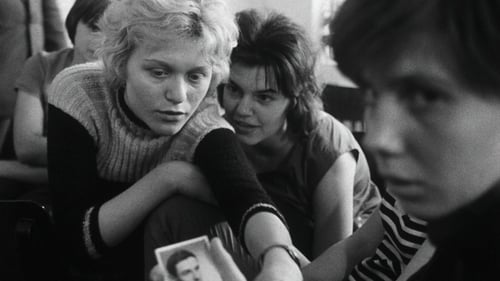
The themes of anarchy and individualism that run through Věra Chytilová’s work begin here, in an almost docu-realist look at women finding freedom and joy amid the rigid conformity of life in a communal factory dormitory.

Director Jonas Mekas travels through New York nights, through apartments, studios, backstage rooms, galleries, bars, and clubs. Encountering old acquaintances like Ken and Flo Jacobs, Yoko Ono, friends, brothers and sisters, sons and daughters. Mr. Mekas begins the film with the words 'I can't sleep.' Who hasn't been in this situation? Sleepy and yet wide awake at the same time, you find yourself in the world of those exhausted from the day's exertions, the drunk, the relaxed, the dancing, the brooding, the mourning, and the pensive.

Two boys, Li Ahh and Li Ohm, grow up motherless. Their father, Sui, is a workaholic who shuts himself out of the world. The boys' quest to reach out to their father leads them to adopt a puppy. But when the animal is sent away for being a nuisance, the boys are devastated. For the first time, Sui realizes that all his children ask is simply to love and be loved.

Focuses on a boy as he discovers love and comes to face the morality of his family. The film speaks of this through a web of oblique details, attempting to capture the flesh of relations and, perhaps, the very tension of being...

A well educated and humble teacher arrives in a new city and at a new job in the pre-revolutionary Iran. He falls in love with a hardworking underprivileged young woman that nurses her very old mother and raises her young brother. In an environment where commitments and social problems often stand in the way between people and their dreams.

In "The Lead Shoes", we can neither thrust in our eyes nor our ears to help us understand how time flows or how space is. Therefore, Peterson forces us to take both space and time as relative experiences. The consistent disorientation in the film and our consistent inability to perceive them in absolute terms become the main subject of the film. Peterson makes us aware that space and time are more complicated than we think they are and they should be experienced in a more open-minded way. —Yoel Meranda
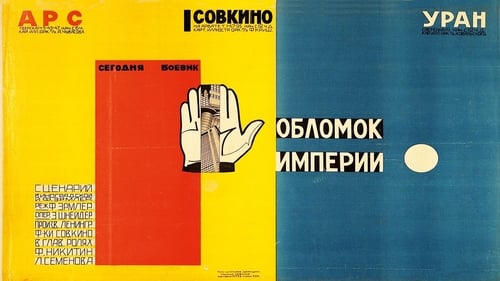
Director Frederick Ermler’s last silent feature and the last of four collaborations with actor Fiodor Nikitin. Nikitin plays an officer who spends a decade after the Great War as a shell-shocked amnesiac, until a glimpse of a woman through a train window sparks the return of his memory. He makes his way back to St. Petersburg, now Leningrad, a man out of time who struggles to make sense of the new society brought about by the revolution.

A documentary portrait of Miho Shimao, widow of renowned Japanese writer Toshio Shimao.
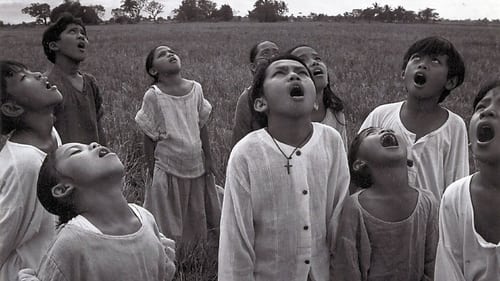
What follows is a black-and-white silent film set in the 1890s during the brewing Filipino revolution against Spanish colonialism. A series of tragic and comic sequences tells the Three Ages of an Indio (“common man”) as he progresses from boy bell ringer in a village church to teenage revolutionary to adult theater actor rehearsing a popular Spanish play.

Bilike has never seen a ping-pong ball before. He and his family live without electricity and running water in a solitary tent home among the vast steppe grasslands. The magnificent landscape here has changed little since the days of Genghis Kahn. But life in the middle of nowhere can be exciting for a young boy. The smallest of details become big events for curious Bilike and his best friends Erguotou and Dawa. The mystery of the small white ball floating in the creek leads to questions about the world around them, as well as innocent mischief.
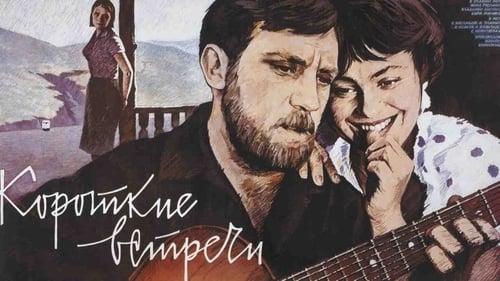
Country girl Nadia moves to the city and becomes a maid in Valya's apartment. Valya, who is a member of the local District Committee, does not know that Nadia fell in love with her currently absent husband, a geologist named Maksim, when he had visited Nadia's village during a recent expedition.

Djomeh is a young Afghan man who has come to live in Iran because of family trouble. Working as a milk boy, he encounters discrimination from the Iranian villagers and disdain from Habib, a fellow Afghani to whose trust Djomeh was given. The only person who shows any friendliness to him is his employer, who Djomeh asks to intercede for him in asking a woman from the village for her hand in marriage.

A man goes to see his former schoolmate working at a boiler house and persuades him to burn in the furnace the corpse of his communal flat neighbor whom he has just murdered after a quarrel. An orphaned girl gets a job in the archives of the maternity home to find out the identity of her mother who abandoned her years earlier. She finds her, befriends her and takes the first opportunity to throw her into the sea. An old intellectual tries to explain to the neighbor’s five-year-old daughter “all the abomination of her lumpen existence”. The girl feeling hurt for her mother decides to poison the old man with arsenic.
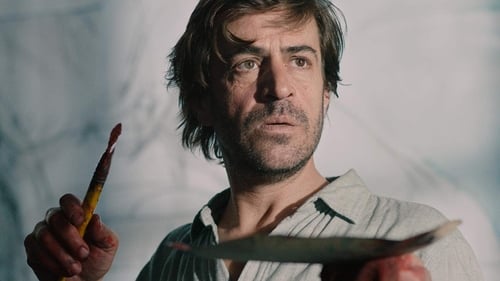
Federico Veiroj’s fourth feature examines the many, often contradictory layers that make up one’s persona, in this case, a single dad and acclaimed artist who must learn to balance family with creativity.

Dolores is a mature and kind woman whose husband abandons her because he can't stand her uncanny generosity. Desperate to get her husband back, she devotes her life to works of charity, which is to go to bed with the other men of the town. Dolores, now "Lolita", becomes so famous that all men seek out her help now. It is through her compassionate sex that she brings back the colour and the happiness to a town that was immersed in sadness. Written by HoMordomo.
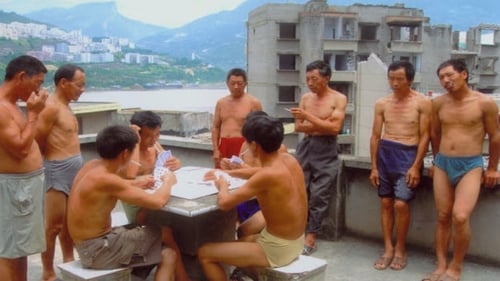
Jia Zhangke travels with painter Liu Xiaodong from China to Thailand as they as they meet everyday workers in the throes of social turmoil. Liu Xiaodong is well-known for his monumental canvases, particularly those inspired by China's Three Gorges Dam project. Jia Zhangke visits Liu on the banks of Fengjie, a city about to be swallowed up by the Yangtze River. The area is in the process of being "de-constructed" by armies of shirtless male workers who form the subject of Liu's paintings. Liu and Jia next travel to Bangkok, where Liu paints Thai sex workers languishing in brothels. The two sets of paintings are united in their subjects' shared sense of malaise in the face of the dehumanizing labor afforded them.
